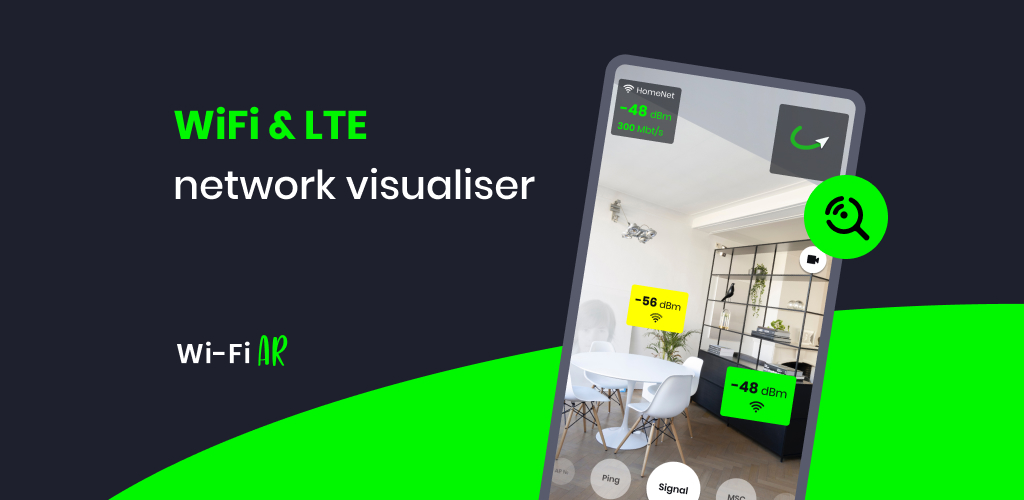As we move into 2025, quantum computing is poised to transform the landscape of data security. Unlike classical computers, which process information using bits (0s and 1s), quantum computers leverage qubits that can exist in multiple states simultaneously, thanks to quantum phenomena like superposition and entanglement. This fundamental shift enables quantum computers to perform complex computations at unprecedented speeds, offering both opportunities and challenges for data security.
The Promise of Quantum Computing for Data Security
Unbreakable Encryption with Quantum Key Distribution
Quantum Key Distribution (QKD) is a game-changer for secure communication. QKD uses the principles of quantum mechanics to generate and share cryptographic keys with absolute security. Any attempt to intercept the key alters the quantum state, alerting the communicating parties. In 2025, advancements in QKD systems, such as those using entangled photons, are expected to become more practical, enabling secure data transmission across global networks. Companies like ID Quantique and Toshiba are already deploying QKD in financial and governmental sectors, with wider adoption anticipated.
Post-Quantum Cryptography
While quantum computers threaten classical encryption methods like RSA and ECC (due to algorithms like Shor’s, which can factor large numbers exponentially faster), they also drive the development of post-quantum cryptography (PQC). PQC algorithms, such as lattice-based cryptography, are designed to be secure against quantum attacks. By 2025, organizations like NIST are finalizing standards for PQC, with algorithms like CRYSTALS-Kyber and Dilithium being integrated into protocols like TLS and VPNs, ensuring data security in a quantum world.
Challenges to Overcome
Breaking Current Encryption
The same quantum algorithms that promise enhanced security also pose risks. Shor’s algorithm, for instance, could decrypt data protected by widely used encryption standards. By 2025, while large-scale, fault-tolerant quantum computers capable of running Shor’s algorithm may not yet be widespread, the “harvest now, decrypt later” threat looms large. Malicious actors could collect encrypted data today, waiting for quantum computers to become powerful enough to crack it. This underscores the urgency of transitioning to quantum-resistant systems.
Scalability and Infrastructure
Quantum computing hardware in 2025 is still in its early stages. Building stable, scalable quantum computers requires overcoming challenges like qubit decoherence and error correction. Similarly, QKD requires specialized infrastructure, such as quantum repeaters, to extend secure communication over long distances. While companies like IBM and Google are making strides with quantum processors (e.g., IBM’s 127-qubit Eagle), widespread deployment remains a work in progress.
Real-World Applications in 2025
Financial Sector
Banks and financial institutions are early adopters of quantum-enhanced security. QKD is being used to secure transactions and protect sensitive customer data. By 2025, hybrid systems combining classical and quantum cryptography are expected to become standard in high-stakes environments, reducing vulnerabilities to quantum attacks.
Healthcare
Quantum computing can secure sensitive medical records and genomic data. In 2025, hospitals are likely to adopt quantum-safe protocols to protect patient privacy, especially as personalized medicine relies on vast datasets that are prime targets for cyberattacks.
Government and Defense
Governments are investing heavily in quantum security. By 2025, agencies are expected to deploy QKD for secure communication and integrate PQC into classified systems, safeguarding national security data against future quantum threats.
The Road Ahead
The race to quantum supremacy is accelerating, but so is the effort to secure data in a quantum era. By 2025, the focus will be on hybrid solutions—combining classical, quantum, and post-quantum approaches—to create robust security frameworks. Collaboration between governments, academia, and industry will be critical to standardize protocols and ensure interoperability.
Conclusion
Quantum computing in 2025 will redefine data security, offering unparalleled opportunities through QKD and PQC while challenging existing encryption systems. Organizations must act swiftly to adopt quantum-resistant technologies and prepare for a future where quantum computers are mainstream. By embracing these advancements, we can build a secure digital world ready for the quantum age.






